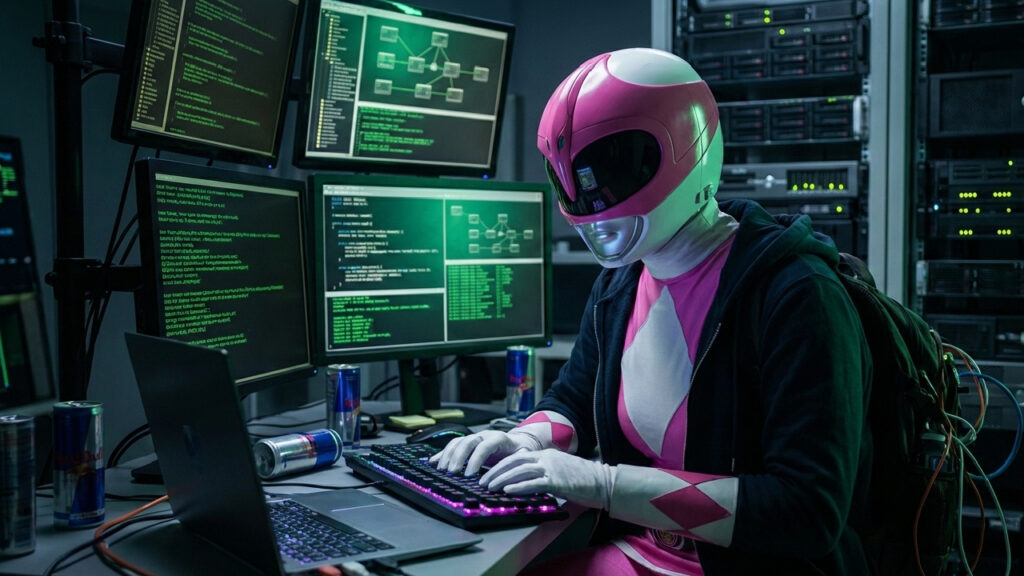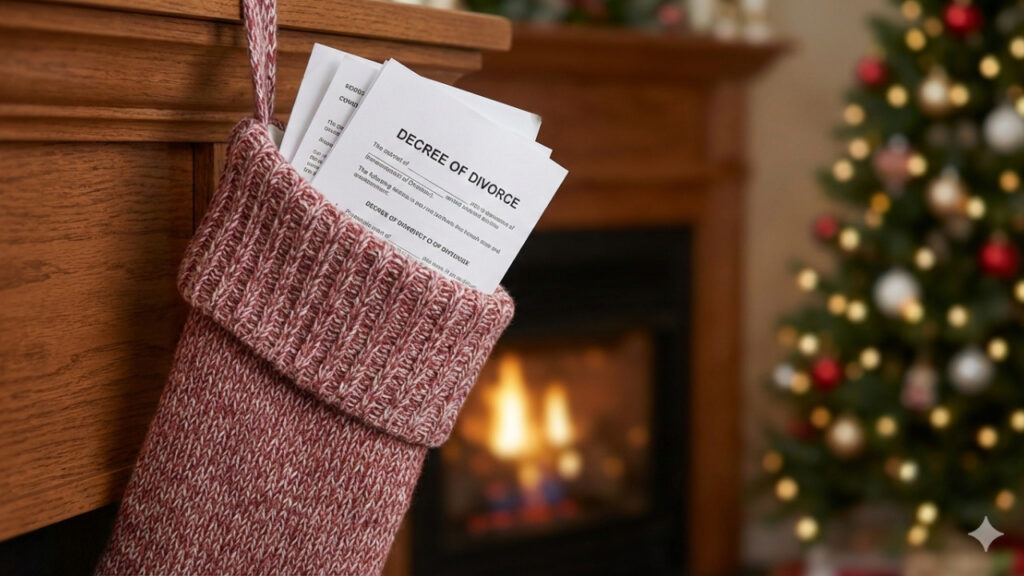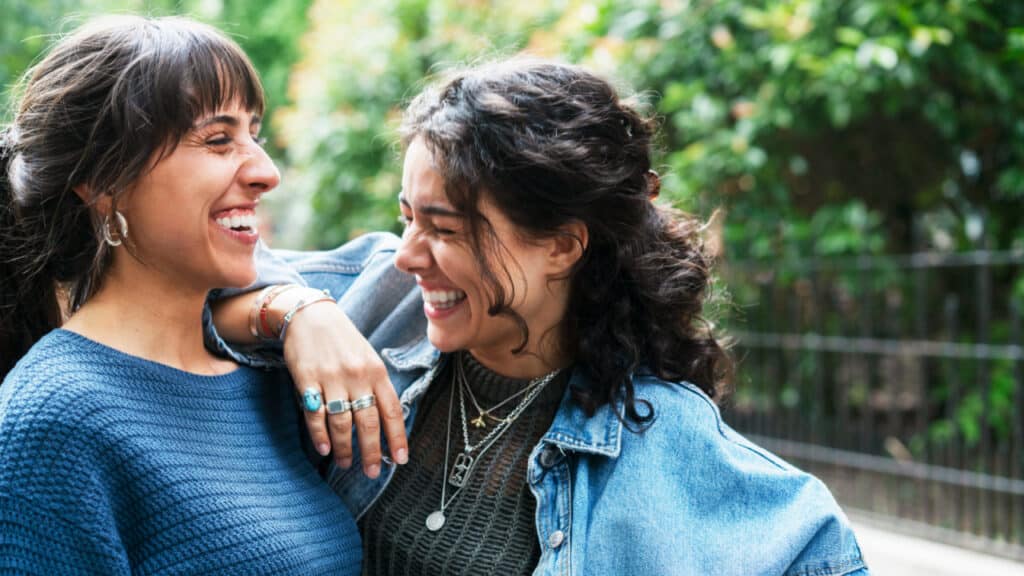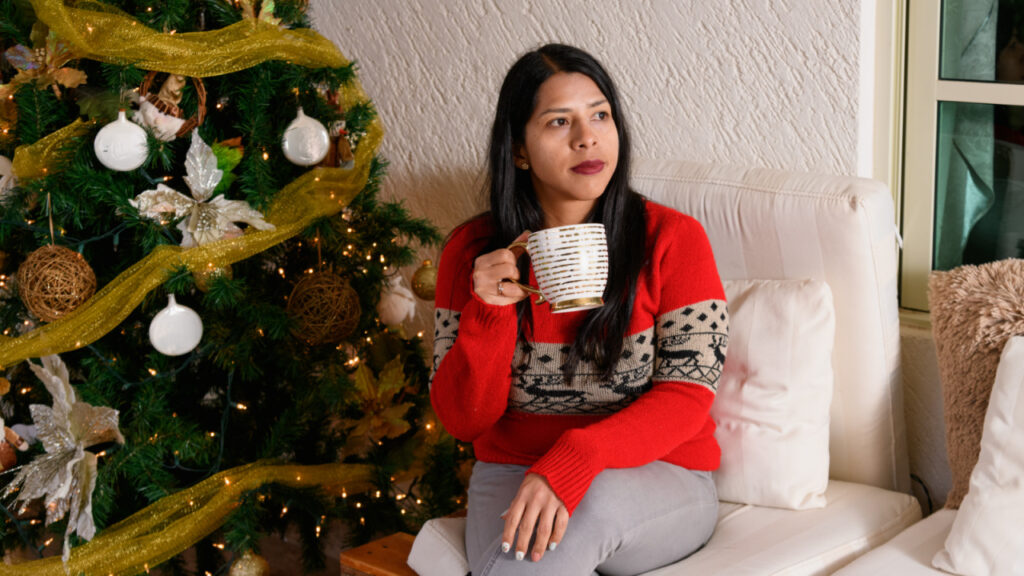‘Are We Dating The Same Guy?’ How a Latina-Led Facebook Group Made Toxic Men Run for the Hills (And Even File Lawsuits)
Let’s be real: the dating world is a mess. We’ve all sat around with our besties sharing horror stories. Cheaters, ghosters, walking red flags—and there’s enough drama out there to rival a Netflix thriller. Now imagine a place where women can vet men before even saying “yes” to that first date. Enter Are We Dating The Same Guy? (AWDTSG)—the Latina-led Facebook group shaking up the dating scene, leaving some men panicking and even resorting to lawsuits.
Founded by Paola Sanchez, Are We Dating The Same Guy? began as a safe space for women to check if their latest match was too good to be true. Spoiler alert: a lot of them were. But what started as a localized New York community quickly snowballed into a global phenomenon. Now, there are over 200 groups across different cities and more than 3.5 million members worldwide as of January 2024.
The Genesis of ‘Are We Dating The Same Guy?’
The group’s core idea is simple: women post a photo and the first name of the man they’re dating (or considering dating) and ask the community for “tea” or “red flags.” In a matter of hours, the comments can flood. They come with everything from ex-girlfriends sharing their horror stories to women commending their positive experiences. The goal? To keep each other safe and avoid wasting time on serial cheaters or men with a troubling past.
What started as a grassroots effort to vet the local dating pool has since grown into a global movement to expose problematic and dangerous behaviors. Many members describe the group as a lifeline. They cite instances where women were able to avoid unsafe situations, abusive partners, or even save lives.
“Women support each other and only warn about abusive men who literally are not safe. And they back it with the proof of convictions,” shared one user on Reddit.
For Paola Sanchez, the creator of AWDTSG, it was clear that women needed a space to feel safe, empowered, and informed. Especially when navigating the murky waters of online dating.
It all started in New York City in March 2022
Paola, the daughter of Ecuadorian immigrants and a first-generation college graduate, had long noticed a gap in the way women communicated about the men they encountered. Without mutual friends or a built-in network to vet potential partners, the risks of dating felt higher than ever.
The idea was simple: give women a space to share information about men they were seeing and to ask questions if they sensed something was off.
The New York City group quickly became a go-to resource for women, exposing cheaters, serial daters, and, in some cases, dangerous individuals.
“Across the world there are now over 5,000,000 women in 200+ cities that use these systems,” Paola shares on her site. “And I lead the vast majority of them. Honestly, it’s growing faster than I ever would have thought, and the fast growth has led to an insane amount of stress and a lot of obstacles we had to overcome. But it feels amazing to be helping protect so many women.”
When Men Go Nuts (And Take Legal Action)
Unsurprisingly, not everyone is thrilled about these groups. Several men have attempted to infiltrate the communities, posing as women or creating fake profiles to monitor what’s being said about them.
A quick search for “AWDTSG” on Reddit reveals a flood of posts from “Men’s rights” groups complaining about how unfair it is to finally face accountability.
There have even been cases of women being harassed for sharing their experiences online. According to the Washington Post, one woman’s post about her abusive ex-partner reached him, and she received a barrage of threatening messages.
The backlash hasn’t stopped there. In January 2024, a man sued Meta (Facebook’s parent company), Patreon, GoFundMe, and almost 30 group members for defamation, emotional distress, and invasion of privacy, seeking $75,000 in damages. His case, still awaiting its first hearing, is just one of many legal disputes emerging as the group gains notoriety.
Some men have claimed that being posted in these groups has had serious consequences for their personal and professional lives. One man in his late 20s found out he was accused of “having sex with his dogs” after a post in a Florida AWDTSG group spiraled into wild, baseless accusations. “I really can’t escape this. It’s going to affect me everywhere in my life,” he shared with The Washington Post. Even after the post was removed, he felt the damage to his reputation had already been done.
The Power of ‘Are We Dating The Same Guy’ and Digital Vigilance
For many women, these lawsuits and criticisms are just further proof that the group is doing something right—finally holding men accountable in a world where female voices are often silenced or dismissed. The network of groups has created a space where women can take control of their safety and reclaim power in the dating world.
But critics argue that some posts verge on vendettas, turning what could be a safety resource into a digital pillory. A few users have been accused of using the platform to exact revenge or air out petty grievances, leading to concerns about fairness and the potential for false accusations. As Vice reported, there are “complex legal, ethical, and safety concerns” that arise when women post unverified claims, especially those that include personal information about men.
Still, for many women, the benefits outweigh the risks. “This group can save lives and may have saved mine,” reads one of the testimonials. In a world where nearly two-thirds of women aged 18 to 49 have received a sexually explicit image they didn’t request or have been threatened with physical harm, AWDTSG is seen as a necessary—if imperfect—solution.
For her part, Paola remains resolute. “I had to adapt and learn quickly to prevent the group from getting shut down, as well as keep it safe from fake profiles and legal issues,” she writes on her website. “While figuring that all out, I learned of other similar groups that had been shut down or abandoned due to moderation and legal concerns and realized that the techniques and systems I was learning from keeping NYC going could be used to allow groups like this to prosper in cities across the country. So I created more. A lot more.”
A Space for Women to Take Control
AWDTSG’s influence is so strong that it’s sparked numerous offshoots, including “Are We Dating the Same Girl?” created by men seeking to “flip the script.” However, these male-centric groups have faced intense backlash and criticism, further proving that society isn’t ready to view dating safety concerns through the same lens for both genders.
The power of Are We Dating The Same Guy? lies in its ability to cut through the facade of online dating. With millions of people using apps like Tinder and Bumble, it’s easy to feel like you’re casting a line into the void. The anonymity of dating apps has given rise to behavior that might have once been kept in check by a small-town environment where everyone knows everyone else.
But this anonymity has also brought significant risks. Women now use these groups to ask the questions they never felt safe asking before: Is this guy a liar? Has he been in a relationship for years while swiping right? Does he have a history of violent behavior?
The group has become more than a place to verify whether someone is single; it’s a community of women who share resources, personal safety advice, and stories of survival.
A Future Where Women Can Date Without Fear
With the digital dating landscape showing no signs of slowing down, groups like Are We Dating The Same Guy? may be a necessary—if flawed—solution to an imperfect system. As online dating continues to dominate the way people meet, these communities will likely continue to grow, adapt, and shape how we navigate the complexities of modern relationships.
While the controversy surrounding the group rages on, one thing is certain: Are We Dating The Same Guy? is here to stay. Paola, for her part, is ready to take it to the next level. She launched her own app, which is available in selected cities.
Running these groups has given her “some real insight into the dating issues we all face.” Now, she wants to use that insight to disrupt the entire idea of dating apps more directly while continuing to support the growth of the current groups.
“I believe a women’s community app that can bring women together and keep them safe from the worst aspects of dating would be the most direct way I could make dating safer,” she says.




